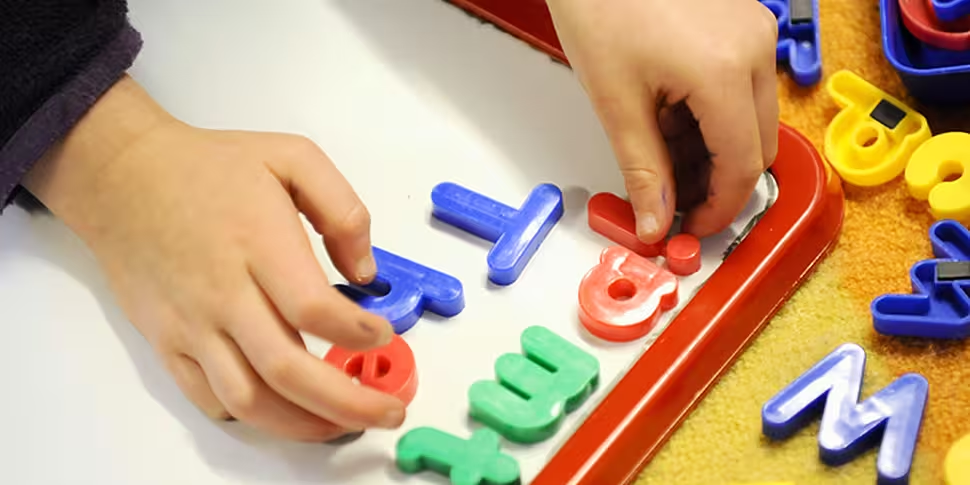Updated: October 27th 16:45
An experimental autism therapy that helps parents communicate with their children has had record levels of success in reducing symptoms.
Experts found play sessions showed benefits that lasted six years after the treatment finished.
Six years after parents were trained to better interact with their preschool children, researchers found that the therapy had moderated the behaviour of those who had been severely autistic, unresponsive or non-verbal.
A child who might have run around a supermarket squealing, heedless of their parent, putting objects in their mouth and pushing past shoppers to try to press the buttons at checkout, might instead wait in the queue and even help load the trolley, the research found.
Carol Povey from the National Autistic Society in the UK explains that through the use of videos and play, communication and interaction is increased.
In a statement to Newstalk, Irish Autism Action said: "This study further confirms what we know from research to date; that the best outcomes are achieved with early intervention and parent involvement.
"We know that children with autism require that interventions and supports be integrated through all daily activities and routines. This can only be accomplished by equipping parents with the strategies to effectively interact, engage, and communicate with their young child with ASD."
Brian Murnane, CEO of Irish Autism Action, said the findings didn't cover much new ground, but highlighted the significance of the study's long-term impact.
"What is particularly notable about this study is that they have been able to demonstrate the long-term impact, which of course provides further evidence to support our position that investing in the earliest possible detection and intervention not only optimises outcomes for the family, but is also good government policy and minimises the lifecycle costs of autism," he said.
Mel Hiscott, whose five-year-old son Sam has autism, completed the course, and told Sky News that any information for parents is useful.
"The more a parent works with a child, the more progress you'll make," she said. "We're hoping that by tuning into his needs, it will have a beneficial effect long-term."
Prof Jonathan Green at the University of Manchester, who led the study published in the Lancet medical journal, said they had not found the cure for autism, but he and his team believed it had great potential and hoped it would be widely adopted.
“The advantage of this approach over a direct therapist-child intervention is that it has potential to affect the everyday life of the child,” he said. “Our findings are encouraging, as they represent an improvement in the core symptoms of autism previously thought very resistant to change.









